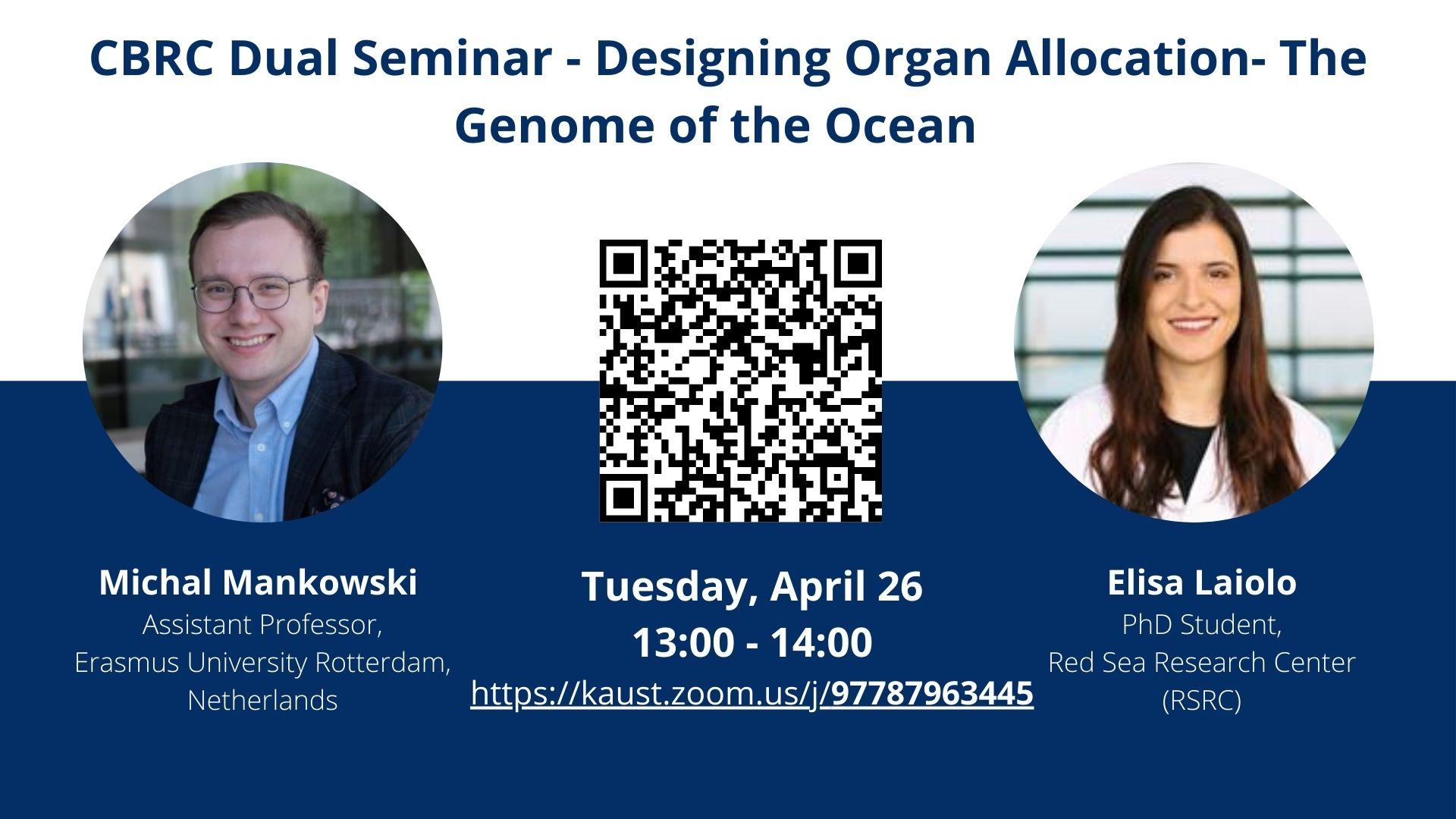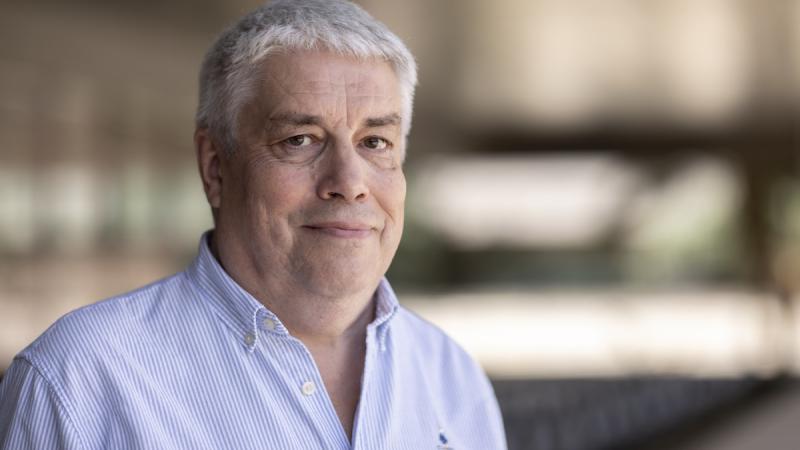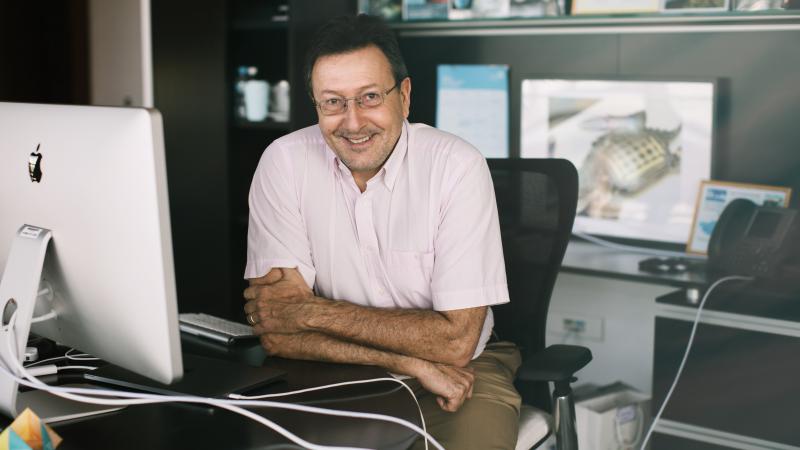Title: Designing Organ Allocation to Increase Equity in US Liver Transplantation
Speaker: Michal Mankowski
Abstract
The National Organ Transplant Act (NOTA), approved by Congress in 1984, constitutes equitable access by patients to procured organs; in particle, access to organs “shall not be based on the candidate's place of residence or place of listing, except to the extent required." Unfortunately, the geographical disparities in access to organs persist throughout the years. The new continuous distribution allocation framework has been proposed to improve the current system. In continuous distribution, organs are allocated without geographic boundaries according to a composite allocation score (CAS) which is a weighted sum of allocation score attributes, such as medical urgency, candidate biology, or placement efficiency. Because geographic boundaries have previously been used to prioritize pediatric, status 1, and O/B blood type liver candidates, points and weightings in the CAS for these priorities must be chosen for the first time. Using simulation with optimization, we designed boundaries-free CAS that aimed to maintain the prioritization of previous policy for pediatric, different blood types, and status 1 candidates while minimizing the overall deaths.
Bio
Dr. Michal Mankowski is a computer scientist and operations researcher with an interest in healthcare with a focus on organ transplantation. He researches new models and policies to improve access to organ transplantation. His work contributes to organ allocation policy development and research in many countries, including the US, Poland, Saudi Arabia, and Brazil. Michal currently holds an Assistant Professor position at Erasmus School of Economics, Erasmus University Rotterdam, Netherlands. He earned a PhD in Computer Science and BS/MS in Electrical Engineering from KAUST.
Title: The Genome of the Ocean
Speaker: Elisa Laiolo
Abstract
The evolution of life on the ocean has a far longer history than that on land, resulting in the evolution of highly diverse microbial life and multiple unique metabolic pathways. Metagenomics provide a path to describe the diversity of genomic tools present in the ocean microbiome, but achieving this description was limited by sampling coverage and computational capacity to annotate genes into putative functions and assign them to specific taxa.
Thanks to the use of the KAUST Metagenomic Analyses Platform (KMAP), here we report a first catalogue of the global ocean genome and its partitioning among taxonomical and functional groups, providing insights in its high diversity and functional variety.
Bio
Elisa Laiolo is a PhD student in Prof. Carlos M. Duarte group, focusing on the study of diversity, functionality and interactions of benthic microbial communities using a metagenomic approach.
She received her B.Sc. in Biological Sciences in 2018 and her M.Sc. in Marine Biology in 2020 at Marche Polytechnic University, Italy.


